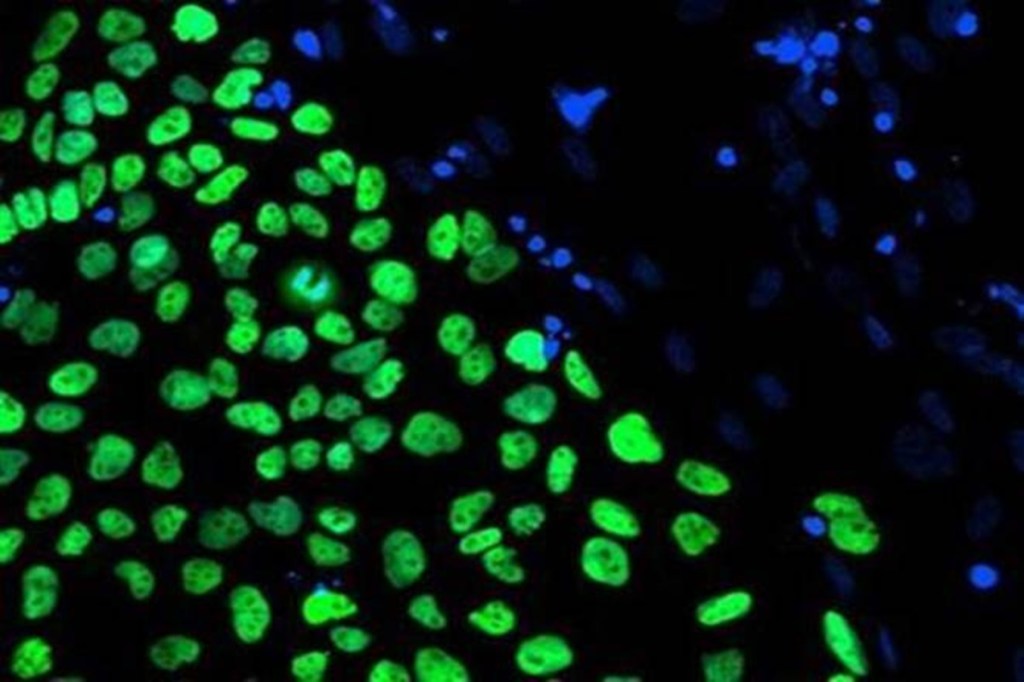Scientists in the US-based Salk Institute of Biological Studies have ‘successfully’ grown monkey embryos with human cells for the first time, as per a report in Nature. At least three monkey embryos injected with human stem cells survived for 19 days. While China and Japan both gave the nod for human-animal chimaera experiments in 2019, the US, in 2016, banned federal funding for such experiments, save for very limited experimentation.
While the researchers in the present instance argue that their interest is limited to studying how cells of different animals “communicate with each other”, advocates of such studies point to the potential in terms of using the chimaeras for product/drug testing as they would provide close-to-human results. Others have spoken of the dividend in terms of organ-growing for powering transplants; such use of chimaeras has allowed previously.
Critics believe that creating chimaeras, especially involving non-human primates (stricter research ethics rules apply to these), for drug testing is unnecessary given the emerging field of organoid (laboratory grown human organ-tissue) testing. Even as the debate rages on, the International Society for Stem Cell Research (ISSCR) is expected to come up with revised guidelines for stem-cell research involving chimaeras. It will be a tough regulatory call. On the one hand, how ethical is it to create hybrids with animal species that are as closely related to humans as the rest of the primate world. On the other, would organ harvest from such chimaeras be more promising than, say, from a pig-human chimaera?

